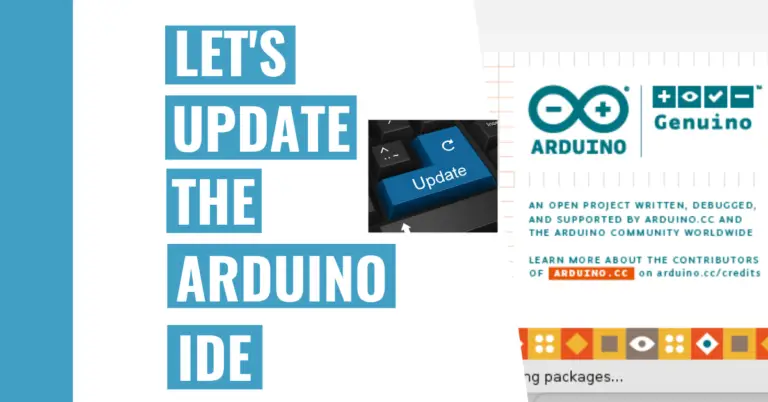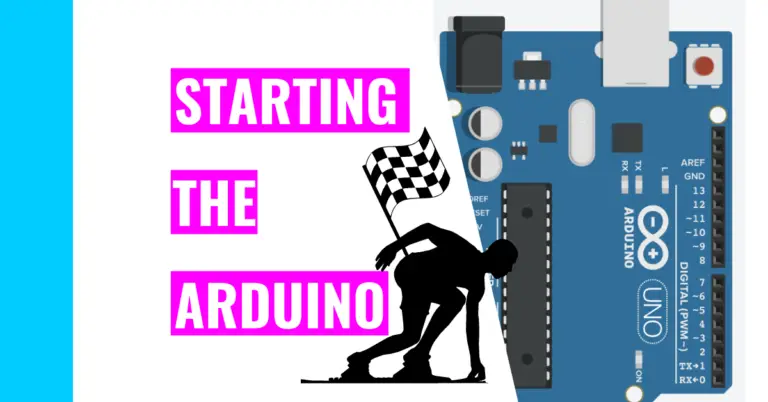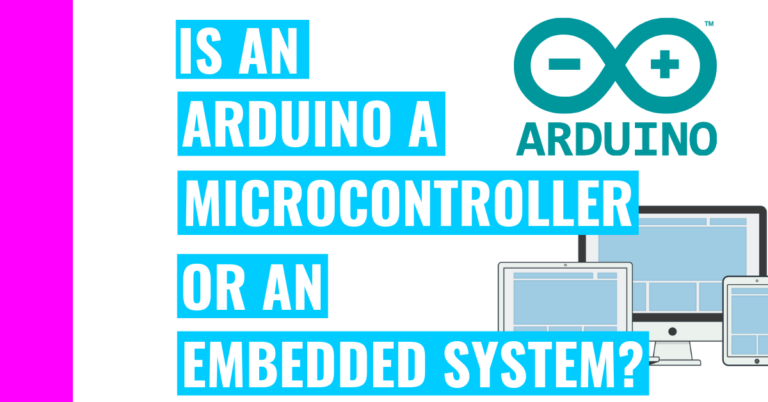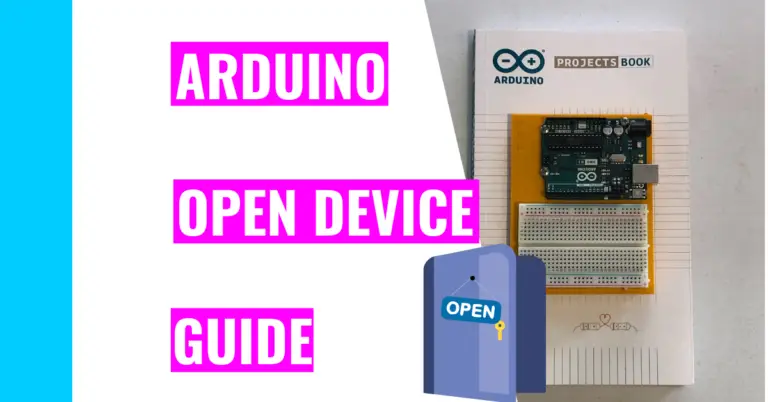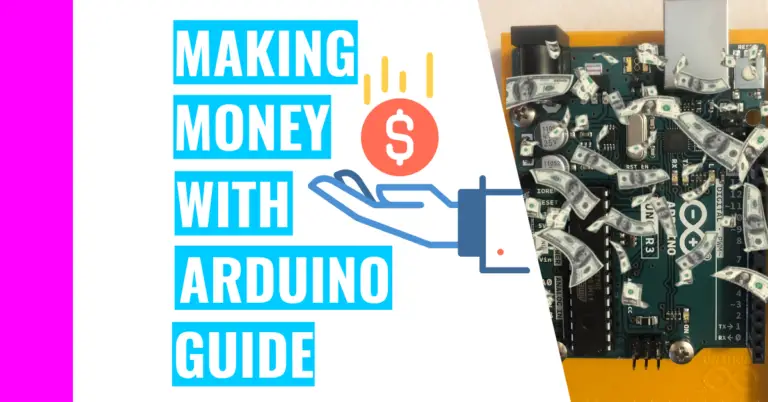Should You Get An Arduino Certificate? Does It Get You A Job?
I love certificates. Earning one makes me feel accomplished and validated for my efforts. After I finished learning Arduino basics, I found out there was a potential opportunity to earn an Arduino certificate. I always assess the risks and benefits before making any decision, so I started wondering:
“Is an Arduino certification even worth it?”
An Arduino certificate is not worth buying and completing, and it won’t help you get a job more easily. However, teachers could potentially increase their chances by obtaining a certificate if they’re going to teach about Arduino.
Still, this certification program may be a great learning experience for some, so I will cover the topics that Arduino will test you on and everything you should expect when preparing for the certificate. Regardless, I will explain why having one won’t necessarily get you more jobs.
Everything You Need To Know Before Getting The Certificate
In order to obtain an Arduino certification, you must take the Arduino Fundamentals Exam. This will test your knowledge of the hardware and software aspects of Arduino.
Here are some of the basic information surrounding the exam:
- It costs each individual (for one try) $30.
- It’s all online.
- As a result, once you’ve hit submit, you will see your score instantaneously.
- This also means you can’t go back once you’ve submitted
- You only get 1 attempt. There are no retakes.
- If you fail the exam, you have to pay another $30 to have another opportunity.
- There is a 75-minute time limit.
- You only have to answer 36 questions.
- To pass the test, you need to get above a 70%
- This means you need to get at least 26 questions right.
- The certificate is only valid for one year.
- The test is available in English, Spanish, Italian, Chinese, and German.
- There are potential deals and bundles you could take advantage of to get a lower price.
- For example, you can pay $2 to $3 less for each exam if you have over 100 people sign up for the exam (under an organization like a business or school).
- You can bundle the Arduino Fundamentals Test and Arduino Starter Kit for approximately $109. If you do, you must take the test within a year of the purchase.
** All of this information was obtained from the Arduino Certificates website **
What Does The Arduino Fundamental Exam Cover?
The Arduino Fundamental Exam only covers 8 topics: electricity, programming syntax, electronic components, Arduino IDE, frequency and duty cycle, circuits and schematics, programming language, and Arduino boards.
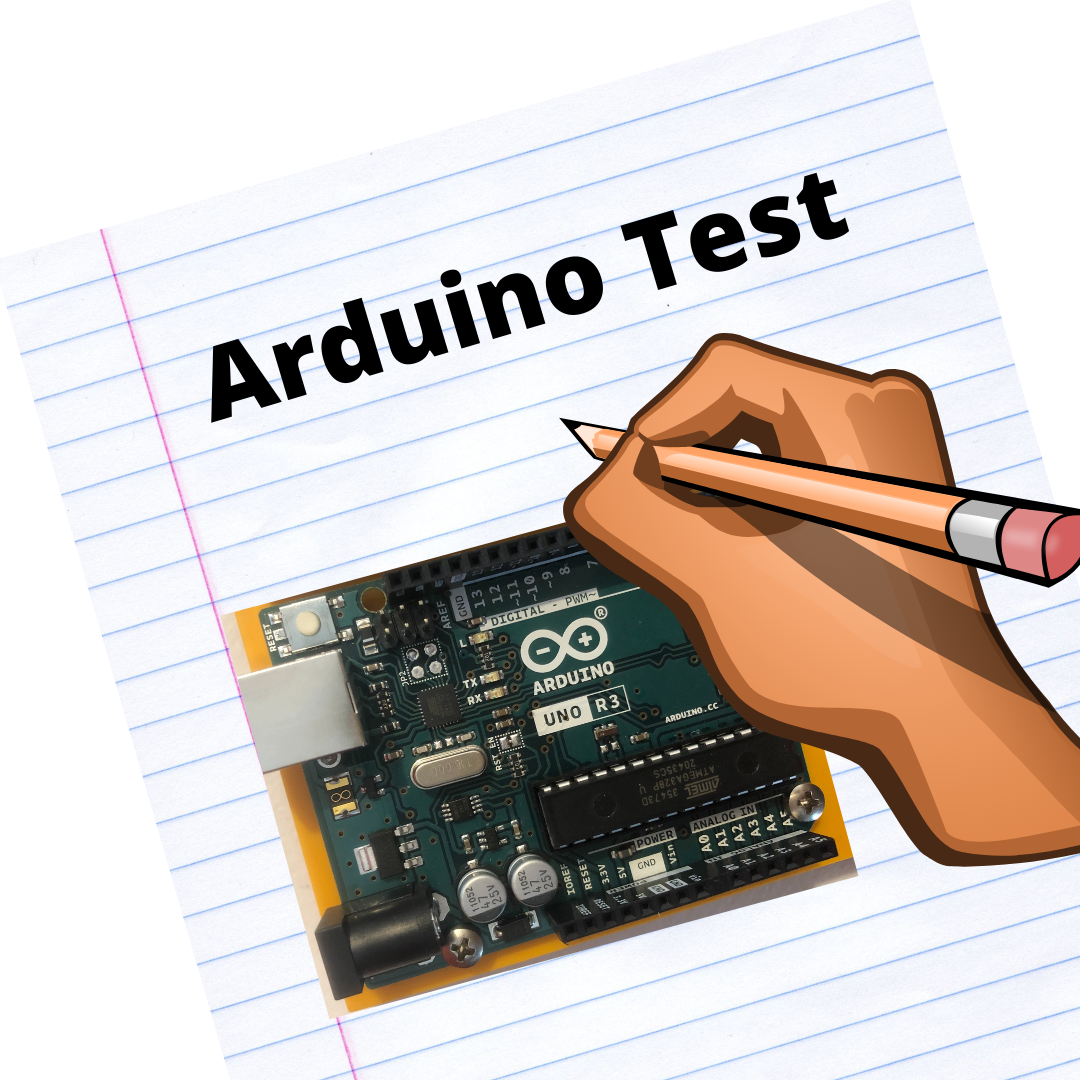
Topic #1: Electricity
You need to be able to understand, calculate, and measure important electrical concepts such as capacitance, resistance, power, and voltage.
Topic #2: Programming Syntax
You would need to understand the fundamentals of the Arduino programming language (C and C++) such as loops, variables, arguments, and functions.
If you to learn more about loops and how to use them to your advantage, you should read my guide on using loops in the Arduino IDE.
Topic #3: Electronic Components
You should know how electronic components like sensors, actuators, buttons, LEDs, and motors work and how you can use them in a circuit.
Topic #4: Arduino IDE
You need to know the purpose of the Arduino IDE (Integrated Development Environment) and its features such as errors, serial communication, and libraries.
Topic #5: Frequency and Duty Cycle
You should be familiar with the fundamentals of PWM (Pulse Width Modulation), how to calculate a duty cycle, and frequency.
Topic #6: Circuits and Schematics
Understanding how to read and analyze electronic circuits and schematics is a must. This means that you should be able to read a diagram full of electronic symbols like you would a map.
Topic #7: Programming Language
The mastery of programming electronic components and being able to read, analyze, and debug Arduino code is necessary to succeed on this test.
Topic #8: Arduino Boards
Lastly, you need to familiarize yourself with the Arduino’s different parts and components (like microcontrollers), their purpose, and their capabilities.
If you want to learn more about Arduinos and microcontrollers and which one is best suited for you, check out my guide on differentiating between Arduino and microcontroller.
Why Won’t The Arduino Certificate Help You Get A Job?
An Arduino Certification won’t make finding a job easier because not many jobs require this certificate, learning Arduino is a hard skill, and the certificate is valid for only one year.

Reason #1: Arduino is a hard skill
When I say Arduino is a hard skill, I don’t mean it’s hard to learn (it’s actually pretty easy to use and understand).
In actuality, hard skills are skills and abilities that pertain to a specific trade that can be measured, such as a certification.
The opposite of hard skills is called soft skills. They are transferable skills, meaning they can be used from one job to the next and can’t be measurable.
For example, soft skills include communication skills or problem-solving skills whereas hard skills involve someone knowing a foreign language or how to code.
Why am I distinguishing between hard and soft skills?
Because many employers are looking for people with excellent soft skills rather than hard skills. For instance, I held a meaningful conversation with a person who works in HR (Human Resources) and has over 20 years of experience in looking at resumes and hiring people.
She told me that employers want more people with soft skills because employers can easily teach them the hard skills required for the job.
Reason #2: Not many jobs require you to know Arduino
You cannot solely rely on your knowledge of Arduino and an Arduino certificate to get you a job. You can showcase your experience with Arduino, but at the end of the day, your other skill sets and experiences matter more.
Moreover, many companies and industries don’t use Arduino because it can’t survive in varying environmental conditions such as high or low temperatures, moisture (from humidity), or dust particles. Instead, companies rely on a more expensive alternative called PLC (Programmable Logic Controllers).
Reason #3: The certificate is valid for only one year
This (to me) is the biggest reason why people shouldn’t get an Arduino certification. If you want to keep up with your Arduino certification, you have to keep buying the test and retesting to get another one annually.
This wastes a lot of your time, money, and effort, especially when you don’t really need it.
If you do want a certificate, I’d highly recommend taking a course and completing it (to get the certificate) at Coursera or Udemy. They are definitely cheaper if you choose the right ones (I saw one on sale that was only $15!).
Summary – tl;dr (Too Long; Didn’t Read)
Here are the key takeaway points you should keep in mind after reading this article:
- The Arduino Certification is not necessary for your job searching endeavors. Even though it shows your mastery over Arduino, many industries don’t require you to know this or get a certificate to prove you know it.
- Other reasons why you don’t need it are:
- It’s a hard skill (meaning you can’t transfer the skill in other situations)
- Not many jobs require you to know it
- The certificate expires in a year
- Still, if you want to pursue it, the topics you’ll be tested on are:
- Electricity
- Programming syntax
- Electronic components
- Arduino IDE
- Frequency and duty cycle
- Circuits and schematics
- Programming language
- Arduino boards
Nevertheless, if you really want to get a certificate, I hope you won’t have to work too hard for it!

